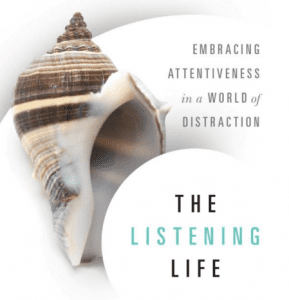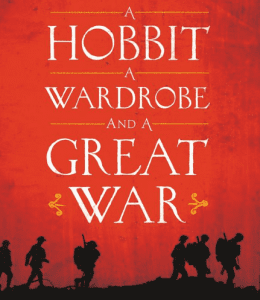 Some of you may be sprawled out on a couch reading fiction right now, or others may be sitting in a favorite chair reading some novel, and you may well know I’m not … so it’s worth a discussion:
Some of you may be sprawled out on a couch reading fiction right now, or others may be sitting in a favorite chair reading some novel, and you may well know I’m not … so it’s worth a discussion:
Are novels good for us? How so or how not?
Just in case you are interested in my take, I’ve always maintained (for no good reason) that “classics” (even if a novel, say Homer or Dante or Bunyan or Dickens or Hemingway) are not the same as “fiction” or “novel.”
The research by Jonathan Gottschall contends those fiction stories are good for us.
Is fiction good for us? We spend huge chunks of our lives immersed in novels, films, TV shows, and other forms of fiction. Some see this as a positive thing, arguing that made-up stories cultivate our mental and moral development. But others have argued that fiction is mentally and ethically corrosive. It’s an ancient question: Does fiction build the morality of individuals and societies, or does it break it down?…
Until recently, we’ve only been able to guess about the actual psychological effects of fiction on individuals and society. But new research in psychology and broad-based literary analysis is finally taking questions about morality out of the realm of speculation.
This research consistently shows that fiction does mold us. The more deeply we are cast under a story’s spell, the more potent its influence. In fact, fiction seems to be more effective at changing beliefs than nonfiction, which is designed to persuade through argument and evidence. Studies show that when we read nonfiction, we read with our shields up. We are critical and skeptical. But when we are absorbed in a story, we drop our intellectual guard. We are moved emotionally, and this seems to make us rubbery and easy to shape.
But perhaps the most impressive finding is just how fiction shapes us: mainly for the better, not for the worse. Fiction enhances our ability to understand other people; it promotes a deep morality that cuts across religious and political creeds. More peculiarly, fiction’s happy endings seem to warp our sense of reality. They make us believe in a lie: that the world is more just than it actually is. But believing that lie has important effects for society — and it may even help explain why humans tell stories in the first place…..
Fiction is often treated like a mere frill in human life, if not something worse. But the emerging science of story suggests that fiction is good for more than kicks. By enhancing empathy, fiction reduces social friction. At the same time, story exerts a kind of magnetic force, drawing us together around common values. In other words, most fiction, even the trashy stuff, appears to be in the public interest after all.











